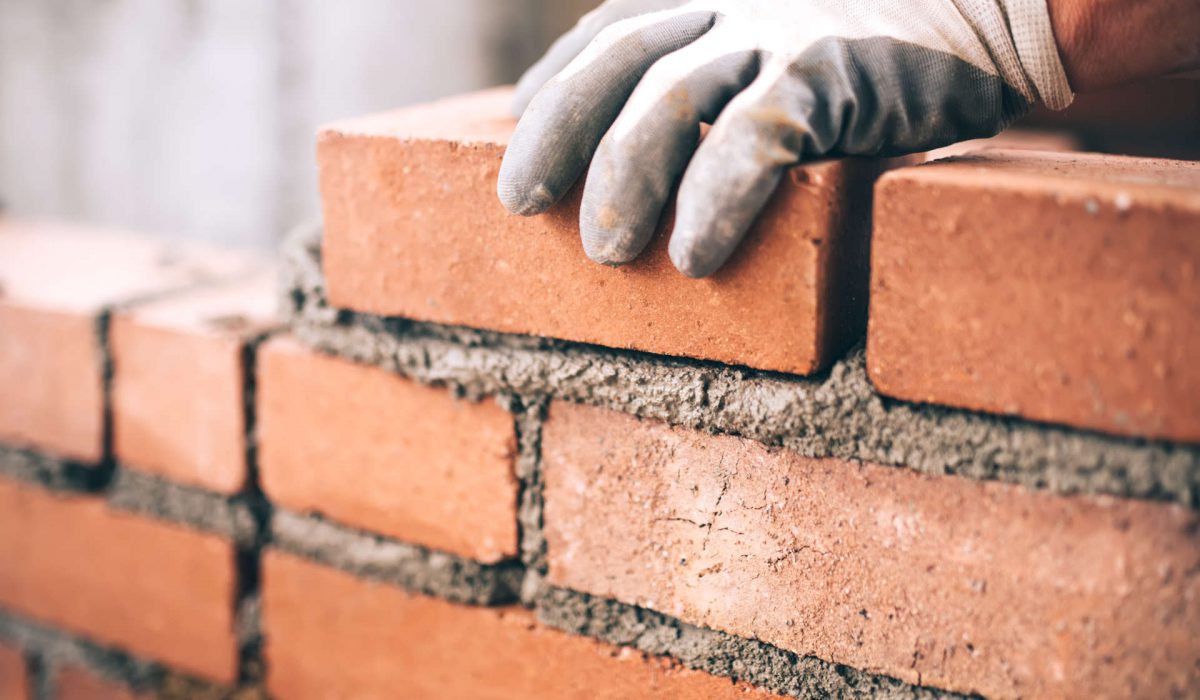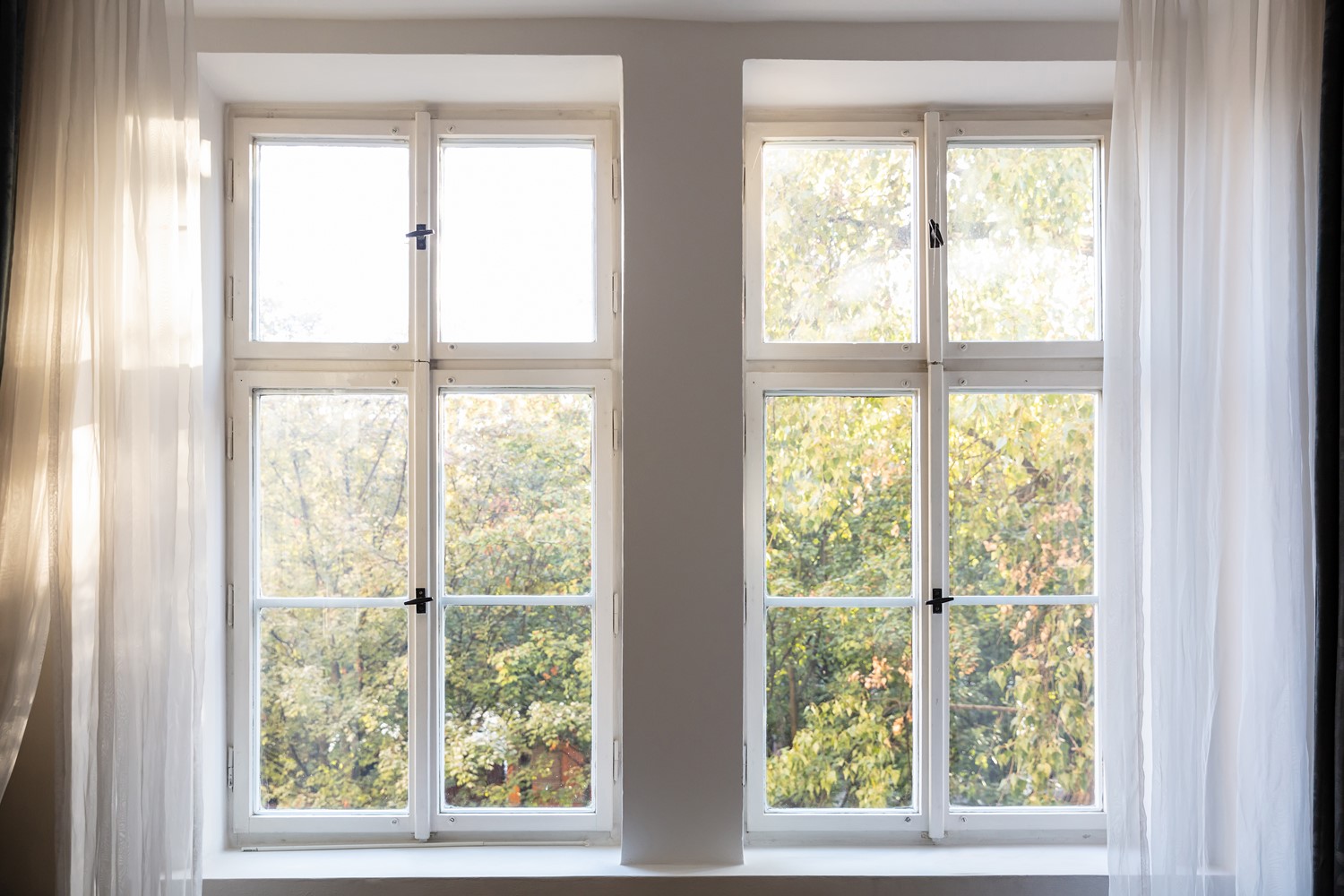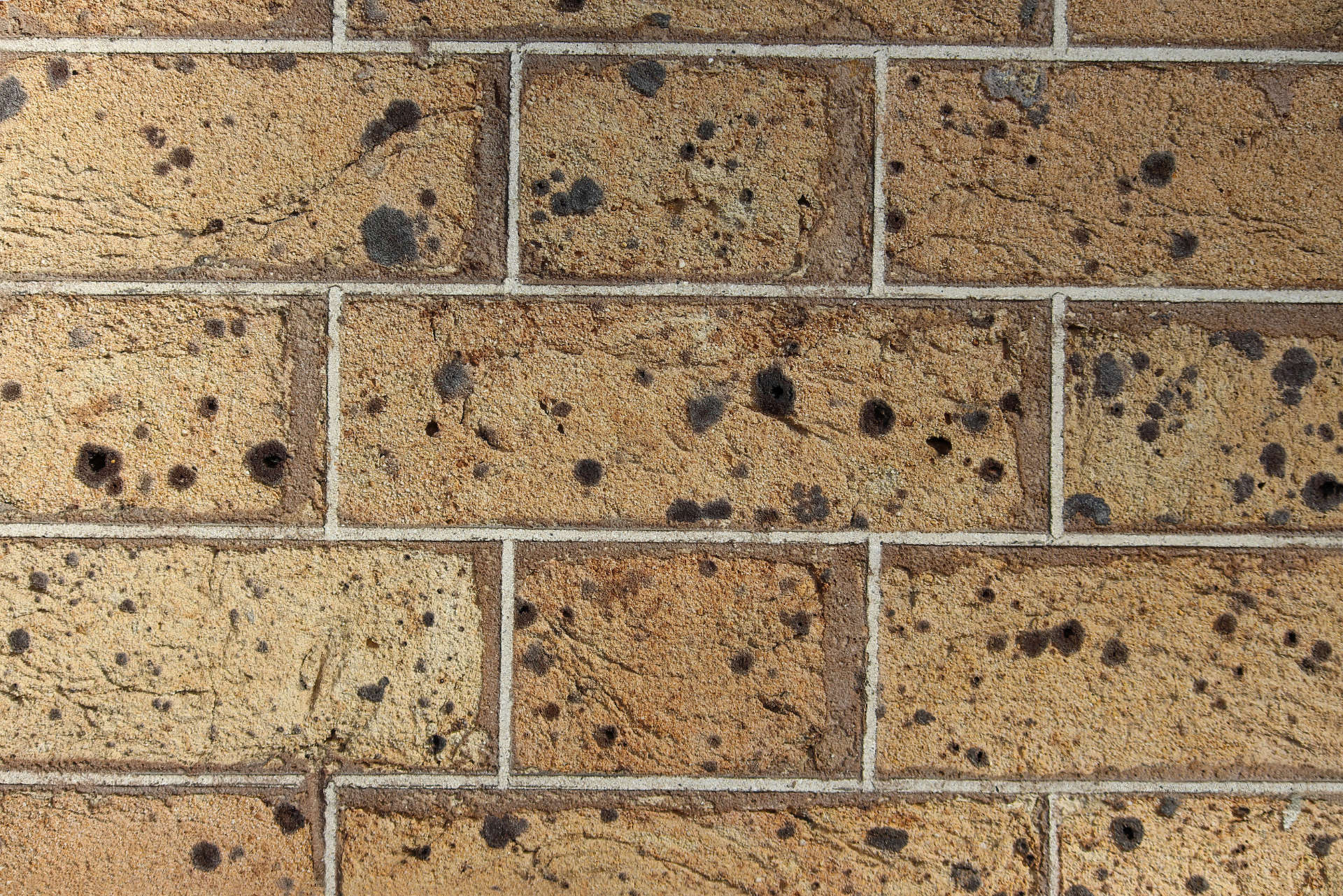What exactly is Brick Masonry and what are its Advantages?
Brick masonry refers to a sturdy construction technique that creates a solid structure by using systematically placed bricks in a mortar. Among the most versatile and durable materials available, brick is utilized for both residential and commercial spaces. Masonry buildings are designed to be long-lasting and also to be built quickly. This construction method, in addition to the overall brick masonry performance gives a homeowner numerous benefits. Masonry provides construction that is structurally sound which includes unique life cycle cost-improving characteristics. Continue reading to learn comprehensive information regarding brick masonry and the benefits it provides.
Comprehending the Nature of Brick Masonry
Often, masonry units are bound together using cement mortar in order to build a structure. Bricks generally consist of hardened clay through one of several manufacturing techniques: wire cut, soft mud, or dry press. Sand and clay are mixed with water and lime or ash as part of the soft mud process, creating a consistency similar to mud. Hydraulic presses are used to compress it into steel molds then it is fired in ovens, making the bricks strong and sturdy.
The dry press method is similar but the latter utilizes a mixture that is thicker, using dryer clay and additional hydraulic power for compressing the mix into its molds. Different from soft mud, the process of dry press creates more defined edges and the bricks can be sold at a higher price. Brick’s color is obtained during the heating process and tends to vary based on the different minerals included in the mixture.
Brick Masonry Benefits
· Added Durability
Utilized for multiple generations, brick masonry is extremely strong and, for this reason, used for structure building. Historic buildings worldwide carry a strong heritage, bearing evidence to the suitability and durability that accompany brick masonry. Brick buildings tend to be recognized for their strength against numerous natural elements including wind, snow, and heavy rain. The fact that reinforced masonry withstands even mild earthquakes is not surprising. When fired at incredibly high temperatures, clay bricks form a bond that is super-strong, often compared with metamorphic rocks’ strength.
· Energy Efficiency
The low maintenance costs associated with an energy-efficient building thanks to the lessened need for reliance on artificial cooling and heating methods. The thermal mass of bricks is high, placing them among building materials that are the most energy-efficient. They are able to absorb and retain heat energy from the sun for a while before they eventually release them slowly. The heat that is retained provides consistent interior temperatures, functioning as a natural barrier against the elements outside. Compared to non-reinforced bricks, reinforced bricks are significantly more energy efficient.
· Cost-Effectivity
One of the principal factors to take into consideration when building a long-lasting, more durable structure is that of cost. Compared to the alternative popular building materials, brick masonry is an option that is affordable due to the availability of sand, clay, and various other minerals it is composed of. It takes only a short time to manufacture and deliver these masonry units and the timing can be easily adjusted depending on job-site conditions, including during the construction project process. The finish, texture, and color varieties remove any necessity of wall coverings and its improved durability translated to lower maintenance costs as fewer repairs are needed.
· Resistance to Fire
Unlike wood houses, brick masonry will not burn in case of fire. For this reason, it contributes to the protection of any valuables, including both the building itself and the contents within it. Masonry firewalls and fire separation walls are naturally economical to build, noncombustible, and fire resistant. It is even possible for qualified architects to design masonry units so that they keep their structural integrity up to numerous hours during a fire.
· Sustainability
Made of clay and other organic minerals, brick components are readily available from their inherently plentiful sources. Additionally, brick masonry’s long-lasting life cycle provides health and environmental benefits as bricks are free of contaminants and can be reused. The total of these combined factors convert brick into a top material as far as responsibility and economics are factored into the building design of a home or other structure.
The curb appeal of brick masonry is another plus as it contributes to the specific style of any home, its color providing contracts and aesthetics that many homeowners enjoy. Brick is also energy efficient, making it an excellent option for modern buildings, reducing a home’s cooling and heating costs. Solid brick walls are perfect for families and meant to endure multiple years with very little maintenance required. An ecological construction method, brick masonry is considerably more durable than wood, cast, and various alternative building materials.


